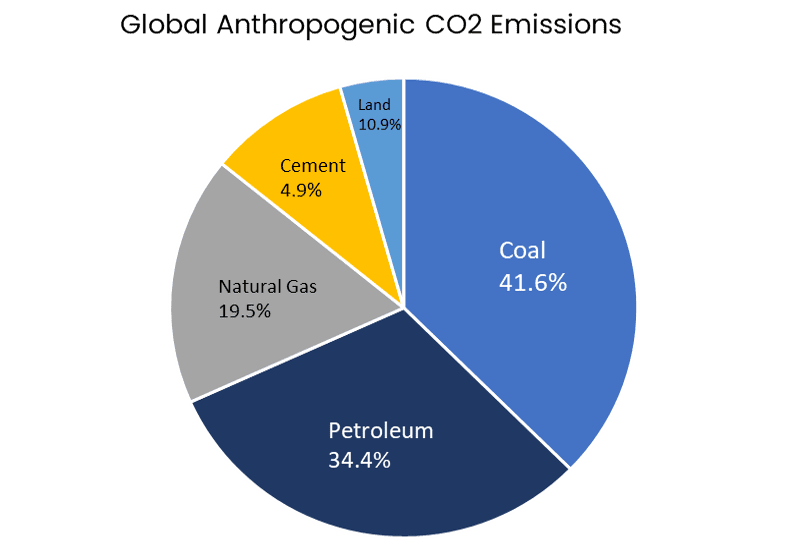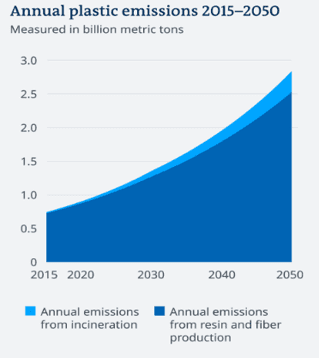Plastics are essential to modern life, providing huge benefits...

They keep us clean

They keep us healthy

They keep our food fresh

They keep us warm and dry
...generating exponential growth in plastic production...

...and creating a massive environmental impact

Reliance on fossil fuels
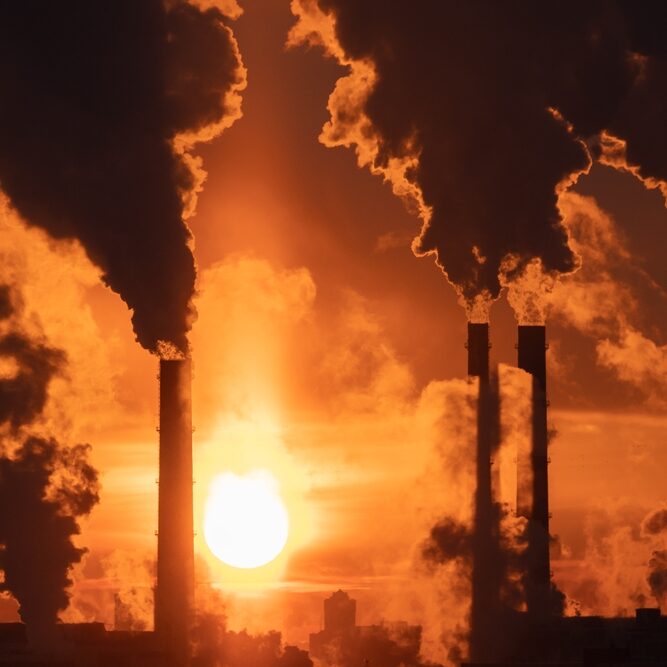
High carbon footprint
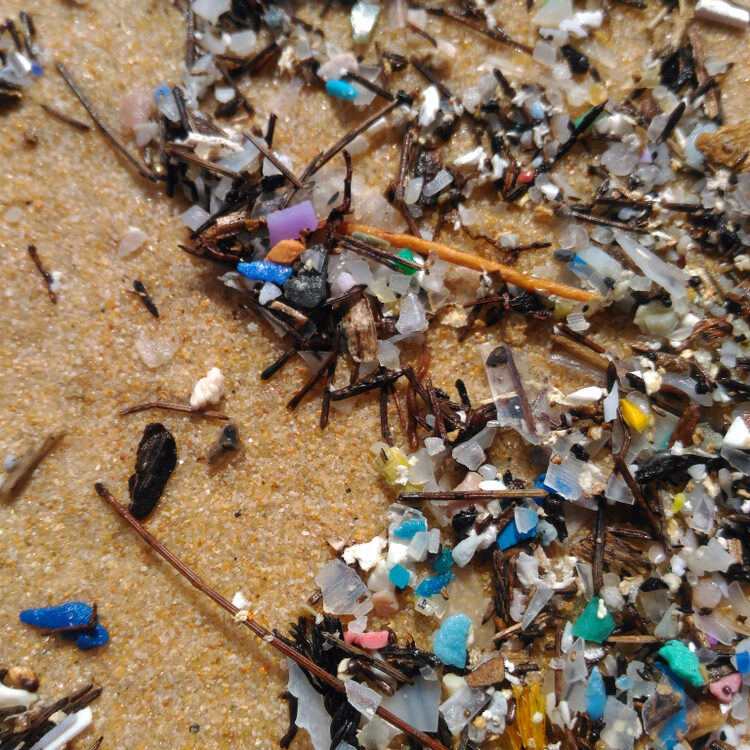
Micro-plastics
We are working to reduce the carbon footprint of plastic manufacturing…
The global carbon footprint of plastics doubled between 1995 and 2015, reaching 2.2 million tons of CO2.
As a society, we need to find a way to significantly reduce the carbon footprint of essential plastic manufacturing. At Planet Polymers, we are working hard to achieve just such a goal.
…and combat plastic litter
Instead of collecting and recycling plastic, 86% of all plastic produced each year is thrown away. Of that 86%, the vast majority either ends up in landfill or as litter in our cities, countryside, and oceans. At Planet Polymers we are working on ways to combat plastic litter and microplastics.

Our solutions to the plastic conundrum
Our innovative additive technologies offer sustainable and scalable solutions to the plastics conundrum.
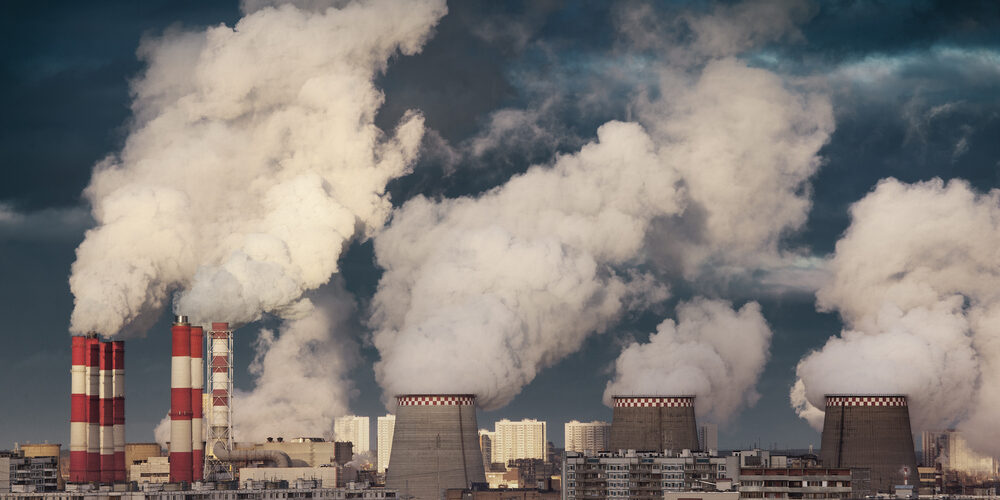
Reducing the carbon footprint of plastic production
The global carbon footprint of plastics has doubled since 1995, reaching 2bn tons of CO2 equivalent CO2e in 2015. This represents 4.5 percent of global greenhouse gas emissions.
C-Shell & C-Fiber
Our bio-waste plastic substitutes reduce the carbon footprint of plastics by up to 80%.
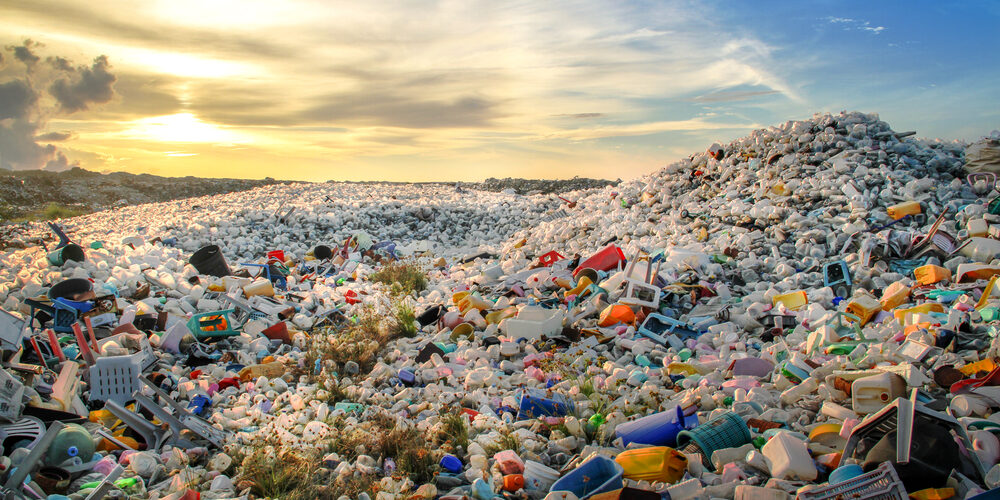
Reducing micro-plastics from non-recyclable plastic waste
It is estimated that 75% of all plastic ever produced has accumulated in landfills, dumps or as litter in the natural environment.
Bio-Cycle
Our bio-assimilation additive allows plastics to bio-assimilate back into the carbon cycle without leaving behind toxins or microplastics.

